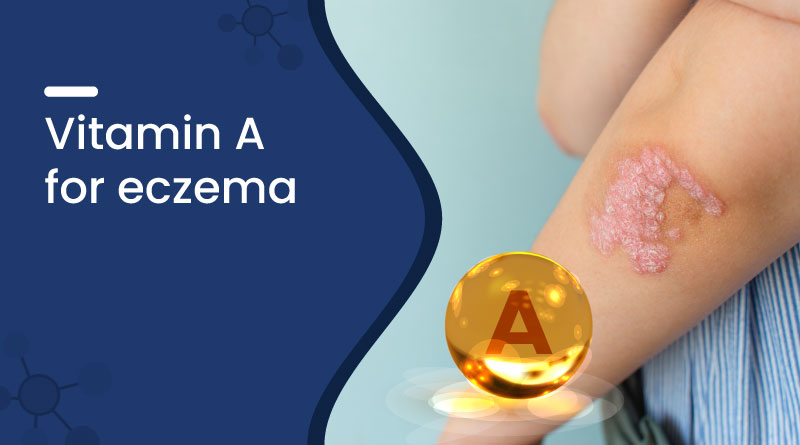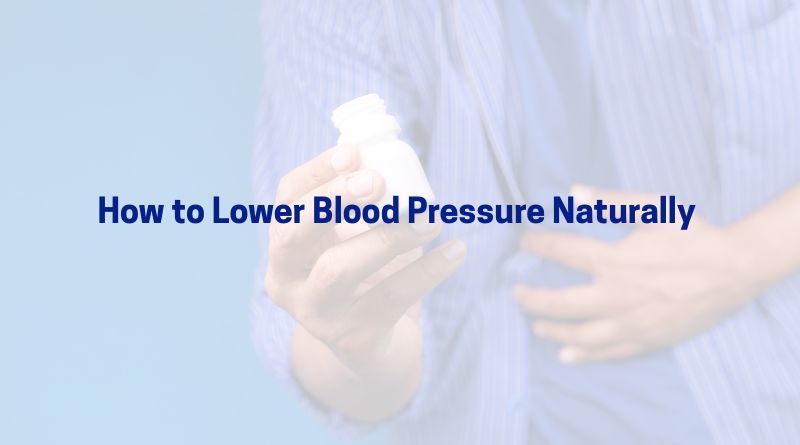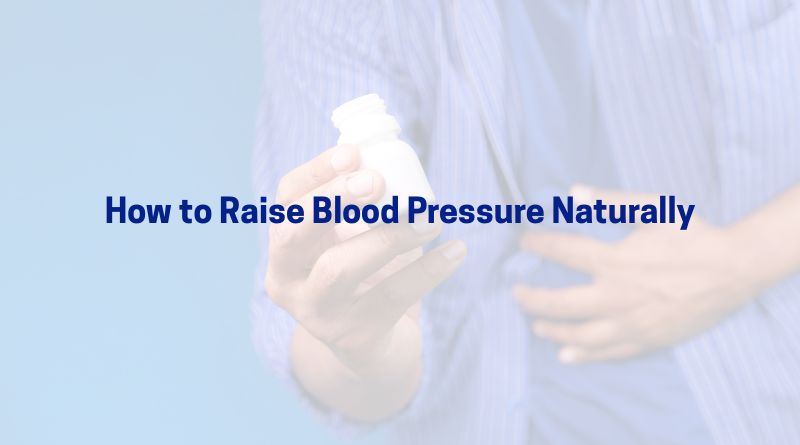Vitamin A for Eczema – Benefits, Uses & Skin Healing Support


Eczema, medically known as atopic dermatitis, is a common inflammatory skin condition characterized by dry, itchy, and irritated skin. Effectively controlling eczema usually involves a mix of proper skincare, healthy lifestyle habits, and, at times, dietary support. One nutrient gaining attention for its role in skin health and eczema management is Vitamin A. In this blog, we’ll explore how Vitamin A contributes to skin repair and what it means for those suffering from eczema.
Why is Vitamin A Important for Eczema?
Vitamin A is a fat-soluble nutrient that plays a key role in maintaining vision, supporting the immune system, and promoting healthy skin. It is essential for cell development and specialization, particularly in skin cells. This vitamin helps regulate the production of skin cells and supports the skin’s natural barrier, which is vital in protecting against environmental irritants and allergens—a major concern for people with eczema.
Benefits of Vitamin A for Managing Eczema Symptoms
Eczema causes the skin barrier to weaken, making it more prone to dryness, inflammation, and infections. Vitamin A, particularly in the form of retinoids (its active derivatives), supports skin regeneration and repair. Here’s how it helps:
- Promotes Skin Cell Renewal: Vitamin A stimulates the production of new skin cells, helping to replace damaged or inflamed skin faster.
- Strengthens Skin Barrier: It enhances the skin’s ability to retain moisture, reducing dryness and flakiness common in eczema.
- Reduces Inflammation: Vitamin A has anti-inflammatory properties that can soothe irritated skin and alleviate itching.
- Boosts Immune Function: It supports the immune system, which is crucial for managing the allergic and inflammatory responses involved in eczema.
Dietary Sources of Vitamin A for Healthy Skin
Incorporating vitamin A-rich foods into your diet can help maintain optimal skin health. Some excellent natural sources include:
- Animal-based sources: Liver, eggs, dairy products, and fish oils provide preformed vitamin A (retinol), which the body can use directly.
- Plant-based sources: Carrots, sweet potatoes, spinach, kale, and other leafy greens contain beta-carotene, which the body converts into vitamin A.
Eating a balanced diet rich in these foods supports your skin’s ability to heal and maintain a healthy barrier function.
List of Product for Eczema Prone Skin
For those seeking affordable and effective relief from eczema symptoms, Zeelab offers a range of creams and ointments designed to soothe irritation, reduce inflammation, and restore skin health.
| Product | Key Features |
|---|---|
| Clearbet-MF Ointment | It moisturizes the skin, reduces dryness and itchiness, making the skin smooth and soft. |
| Mometasone SL Cream | Helpful in the treatment of Eczema, Psoriasis, Dermatitis, Skin Inflammation, and Scalp Conditions. |
| Dermzex GM Skin Infections Cream | Helps ease the discomfort caused by eczema and dermatitis. |
What Are The Potential Risks of Excess Vitamin A?
While vitamin A has many benefits, excessive intake can lead to side effects such as headaches, dizziness, and even more serious health issues. Pregnant women should be cautious with high doses of vitamin A, as excessive intake may lead to birth defects. People with eczema should use vitamin A under guidance to avoid skin irritation or sensitivity.
Additional Tips for Managing Eczema Naturally
Besides vitamin A, managing eczema effectively includes:
- Keeping the skin moisturized regularly
- Avoiding known irritants or allergens
- Following a soft skincare routine with gentle, fragrance-free products
- Managing stress levels, as stress can worsen eczema symptoms
Conclusion
Vitamin A is important for healthy skin and can help manage eczema by promoting repair, reducing inflammation, and strengthening the skin barrier. It’s best to get vitamin A through a balanced diet or under medical supervision if using supplements or topical treatments. Combining vitamin A with proper skincare and professional advice can improve skin health and comfort for those with eczema.
Frequently Asked Questions (FAQs)
Q. Can Vitamin A help treat eczema?
A. Yes, Vitamin A can treat eczema by promoting skin cell regeneration, reducing inflammation, and strengthening the skin’s natural barrier.
Q. Should I take Vitamin A supplements if I have eczema?
A. Supplements can be helpful in some cases, especially if you have a deficiency, but they should only be taken under medical supervision.
Q. What are the best food sources of Vitamin A for eczema?
A. Vitamin A-rich foods like liver, eggs, dairy products, carrots, sweet potatoes, spinach, and kale can help promote healthy skin when included in your regular diet.
Q. Are there any gentle Vitamin A creams suitable for eczema?
A. Yes, at Zeelab, you can find the best creams and ointments containing Vitamin A, which help treat eczema.








 Added!
Added!